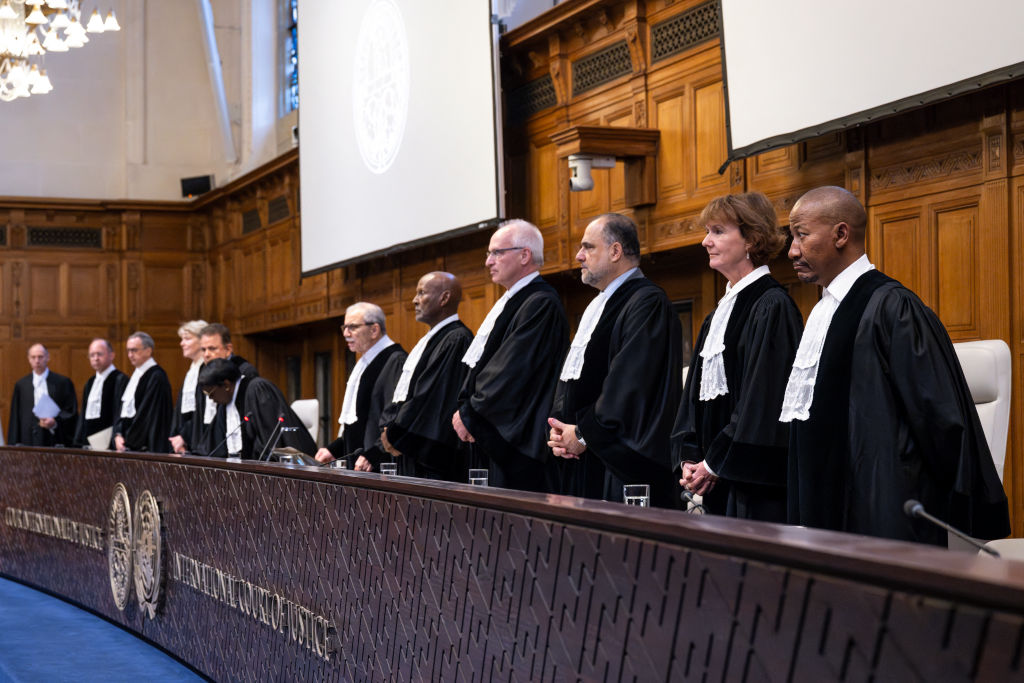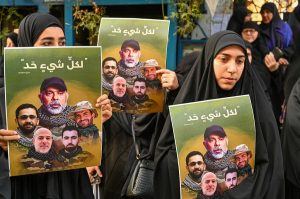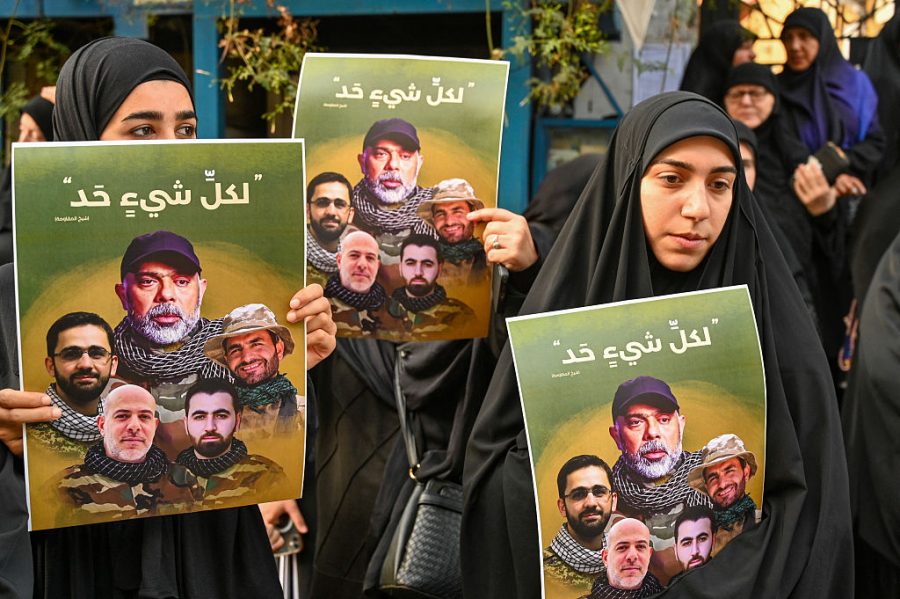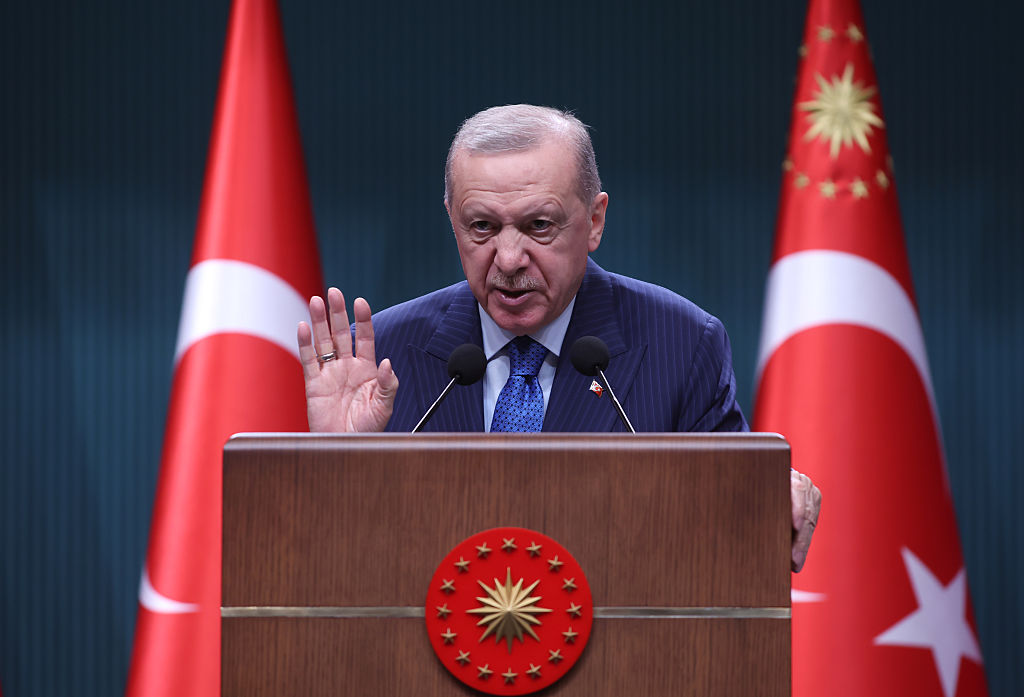On Friday afternoon, in a striking move, the International Court of Justice, the UN’s top court, ordered Israel to stop military operations in Rafah and to immediately reopen the Rafah border crossing with Egypt for the unhindered provision of humanitarian aid. The ICJ also ordered Israel to allow the UN to investigate allegations of genocide.
This dramatic step is the culmination of a bad month for the Israeli government. Earlier in May, the International Criminal Court’s prosecutor said he was seeking the arrest of the Israeli prime minister, Benjamin Netanyahu, and defense Minister, Yoav Gallant, for war crimes. Last week, in a series of co-ordinated announcements, Ireland, Spain and Norway recognized a Palestinian state, arguing that this would somehow bolster moves for peace in the region.
International courts will not end this conflict.
The ICJ’s order, which is legally binding and not open to appeal, is part of a wider case being pursued by South Africa against Israel. The South African government has claimed that Israel is committing genocide in the Gaza Strip, and has consistently asked the ICJ to impose a ceasefire.
In its submissions to the court, Israel highlighted the fact that a cessation of hostilities would mean that “132 hostages would remain to languish in Hamas” tunnels forsaken’ and that Hamas would be ‘left unhindered and free to continue its attacks against Israeli territory and Israeli civilians.”
The court’s latest order is the third it has made in respect of the Gaza conflict. The ICJ stated that the Israeli ground offensive in Rafah, which led to the displacement of 800,000 people, constituted ‘a change in the situation’ which justified the new measures. It concluded that the recent developments were ‘exceptionally grave’.
The ICJ also stated that the Israeli government had not provided sufficient information concerning the safety of the population during the evacuation of Rafah and had not “sufficiently addressed and dispelled the concerns raised by its military offensive.” Accordingly, it ruled that Israel must immediately stop its offensive, and that any other action in Rafah which could bring about “the physical destruction” of the Palestinian civilian population.
It is important to note that the new order does not mean that Israel is guilty of committing genocide in Gaza. Nor does it mean that Israel has to stop all military operations in the Strip (the South African government had asked the court to order that Israel stop its military operations in the Gaza entirely, and “totally and unconditionally withdraw the Israeli army from the entirety of the Gaza Strip,” which the ICJ refused to do).
Nonetheless, this attempt by the court to micromanage Israeli operations is both unwelcome and unwise. The UN’s judges have failed to show how the operation in Rafah is different from previous military operations in Gaza. The Israeli government claims that it has taken steps to evacuate civilians before military operations began. While the UN has suspended aid distribution in Rafah, Israel has said it is making extensive efforts to get aid into Gaza. Earlier in May, it opened the Western Erez crossing to aid trucks. The BBC has suggested that the situation in the north of Gaza “may have improved somewhat, thanks to the opening of additional crossing points.”
The timing of the order is particularly poor for a number of reasons. Notably, casualty figures have recently been revised by the UN, acknowledging that far fewer women and children may have been killed than previously thought. Israel says it has killed 14,000 Hamas terrorists during the war, yet statistics provided by the Hamas-run health ministry are still widely cited. Moreover, in the past week, Israel has recovered the bodies of six hostages, suggesting that it has bolstered its intelligence gathering (and with it the hopes of recovering more of the hostages that Hamas has refused to free).
No country can be expected to run a war in circumstances where each military decision can be second-guessed by an international court. We can only imagine the howls of outrage if the West’s war against Islamic State in Mosul had been subject to similar interference. The US and its allies should look upon these developments with concern.
Spokespeople for the Israeli government have already indicated that it will not comply with the ruling. Benny Gantz, a member of the War Cabinet, has said that Israel would continue its offensive “wherever and whenever necessary — including in Rafah.” Meanwhile the Foreign Ministry said that “Israel has not and will not carry out military operations in the Rafah area that create living conditions that could cause the destruction of the Palestinian civilian population, in whole or in part,” but did not suggest that operations in Rafah would be paused.
The risk now is that Israel will feel under pressure to speed up its operations in Rafah, so that it can conclude the war more swiftly — a counterproductive result which could lead to additional civilian casualties.
The ruling is also likely to prove troublesome for Israel’s allies and will no doubt lead to further calls for an arms embargo and other sanctions. There is also an increasing risk that Israel will find itself isolated on the international stage. Already, the European Union’s top diplomat, Josep Borrell, has been quoted saying that the bloc’s commitment to the rule of law and its support for Israel “are going to be quite difficult to make compatible.”
Israel itself will also need to ask whether its government’s approach to the war in Gaza is becoming counterproductive. It will surely be dismayed to find the terrorists of Hamas being rewarded for their actions. But, arguably, Netanyahu is now paying the price for failing to set out a series of pragmatic and achievable war aims.
While advocating the total destruction of Hamas may play well to a domestic audience, perhaps it might have been wiser to argue for their surrender, new governance in Gaza, backed by regional peacekeepers, and the unconditional release of the hostages. That at least would have been easier to justify on the international stage and put some pressure on the Hamas leadership.
I have always argued that international courts will not end this conflict. A political solution is required, which results in the removal of Hamas and the return of the hostages. However, given recent events, it is becoming clear that time is running out for Netanyahu to find a successful resolution to this crisis.
This article was originally published on The Spectator’s UK website.


























Leave a Reply